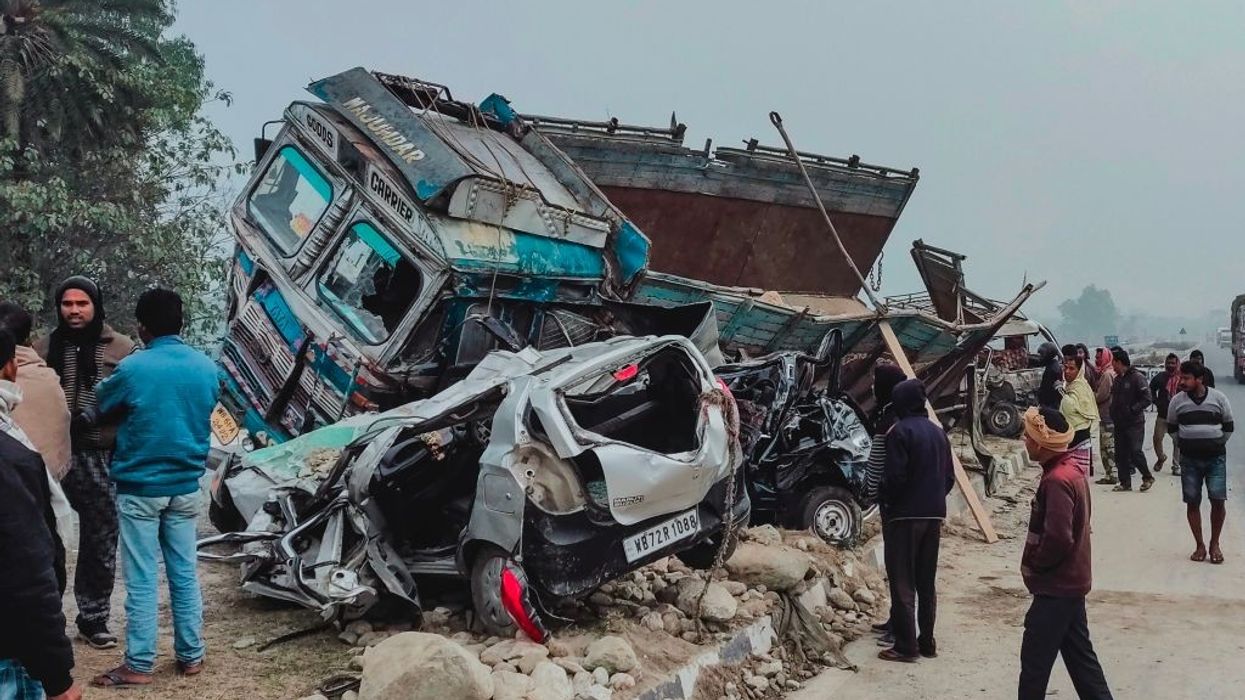A World Bank report has revealed that India accounts for 10 per cent of global road crash victims though the country has only one per cent of the world's vehicles.
Hartwig Schafer, World Bank's vice president for South Asia, said the Indian government in recent years has taken significant steps to address the issues related to road safety.
“Unfortunately, the road crashes have not been going down and any time 10 per cent of the capacity in hospitals is being used for the treatment crash victims. Road crashes actually hit the poorest and the most vulnerable segments of the populations," Schafer told PTI.
"The financial impact of the crash is much more on poorer households than on better-off households. It is much higher on women who have to take care of the burden of caregiving. It is much higher on those who rely on foot and also in the informal sector."
Last year, India amended the Motor Vehicle (Amendment) Act, which will bring 'innovation' in terms of financing, protection and enforcement to the fore, he said.
Schafer said that Tamil Nadu is one of the states which has reduced the number of crash fatalities by 25 per cent.
In South Asia, the World Bank is helping in developing road safety standards and institutional aspects of it. Building a safe infrastructure is one of the key aspects of addressing this major challenge, he said.
“We need to make sure that we have adequate roadside barriers. We need to make sure that traffic calming areas are being put in. The roads have to be safe. The vehicles have to be safe too,” he pointed out.
“If we don't have an appropriate vehicle inspection system then you have unsafe vehicles on the road, and it's clearly documented that unsafe vehicles are actually contributing to crashes. When we plan highways, we need to make sure that crash victims are getting care within the first hour of the crash. That very often makes the difference between life and death."
In the countries having credible enforcement, the number of roads and traffic accidents is going down, he said, adding that data collection and generation related to it is also important.
The goal of reducing the road crashes by half by 2030, is achievable, he asserted.
According to Schafer, global auto manufacturers should equip their vehicles in India with the same safety standards that they do in the US and Europe.
Indian roads witness 415 deaths per day in accidents, the highest in the world, transport minister Nitin Gadkari said last month.
According to the Road Accident Report for 2019, a total number of 449,002 accidents took place in India in 2019, leading to 151,113 deaths and 451,361 injuries.





